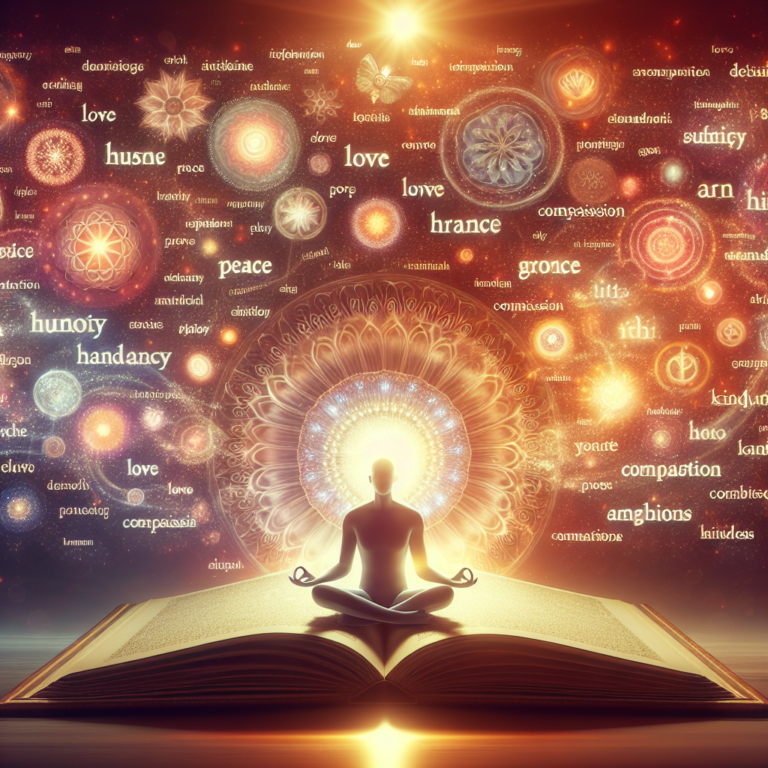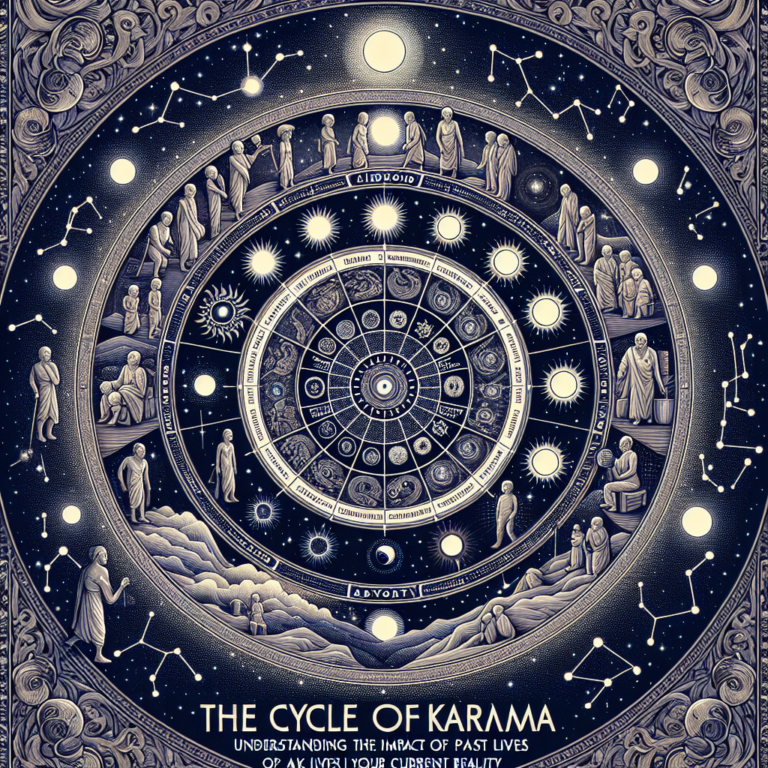“Family Karma” stands out as a cultural touchstone in the world of reality television. Premiering on Bravo in March 2020, the show provides an intimate glimpse into the lives of Indian-American families in Miami, blending the challenges of tradition with modern American living. It reveals not only the lighter aspects of these families’ experiences but also unpacks deep-seated cultural ties and complex relationships that characterize the Indian diaspora. The heart of “Family Karma” lies in its portrayal of kinship, community, and the internal struggles faced by first-generation immigrants and their American-born children.
The Cultural Significance of the Family Unit
At its core, “Family Karma” showcases the importance of family among its cast members. For many Indian-Americans, the concept of family extends beyond the nuclear unit to encompass a broader network of relatives and friends, often referred to as “family friends.” In the South Asian community, family gatherings, festivals, and rituals play critical roles in preserving cultural heritage. These practices significantly influence decision-making and relationship dynamics among family members.
The show captures how cultural obligations intersect with contemporary societal norms. For instance, arranged marriages, elder respect, and navigating expectations regarding educational and career accomplishments are common themes. The cast, which includes young adults such as Vishal Parvani, Richa Sadana, and Amrit Kapai, often finds themselves caught between respecting their familial obligations and pursuing individual desires. This tug-of-war is relatable not just within the Indian-American community but also for many immigrant families navigating similar situations.
Navigating Intergenerational Conflicts
One of the most compelling aspects of “Family Karma” is its exploration of intergenerational conflict. The older generation often clings to traditional values, while their children push towards modernity. This dynamic is exemplified in relationships portrayed on the show, where younger cast members frequently challenge their parents’ expectations and norms.
For example, characters like Amrit Kapai, who is openly gay, face the dual challenge of revealing their sexual identity while balancing the conventional expectations of their families. His journey resonates widely, shedding light on broader LGBTQ+ issues within immigrant communities that often grapple with conservative values. Through Amrit’s experiences, the show portrays how love and acceptance can coexist with societal expectations, creating pathways for dialogue and change.
Similarly, the pressures put on young adults by their families often lead to tensions, as parents may express their wishes through established cultural lenses. Friction arises when children diverge from traditional paths, whether in relationships, career choices, or lifestyle preferences. In essence, “Family Karma” embodies the narratives of many immigrant families, where love for family is inextricably linked with the weight of expectations.
Friendship as a Reflection of Family
The bonds formed between friends on “Family Karma” often mimic familial ties, offering insights into another facet of Indian-American life. The characters’ friendships provide solace, camaraderie, and mutual understanding that may not always be present in their familial relationships. This dramatization showcases the importance of chosen family, especially in the diaspora, where individuals may find themselves isolated or misunderstood.
Vishal’s friendships are a prime example of this dynamic. His relationships with cast members highlight the emotional support systems that can emerge outside of biological family structures. The show illustrates that friendships can serve as a “safety net” during moments of familial strife, providing a sense of belonging and assurance.
Celebrating Cultural Heritage
Beyond the interpersonal drama, “Family Karma” also presents opportunities to celebrate and educate audiences about Indian culture. From elaborate festivals like Diwali and Holi to cultural practices surrounding marriage and spirituality, the show offers a vibrant depiction of Indian traditions. This exposure gives viewers a rare, sincere look into a culture often stereotyped or oversimplified in mainstream media.
Moreover, the show does not shy away from addressing issues like racism and the experience of being a person of color in America. By featuring characters’ honest discussions of their experiences, “Family Karma” serves as a platform to dismantle stereotypes and foster understanding.
Conclusion
“Family Karma” encapsulates the multifaceted nature of Indian-American life and speaks to universal themes of family, identity, and the search for balance between modernity and tradition. It sets a precedent in reality television by highlighting the diversity within the South Asian diaspora while presenting poignant insights into the complexity of familial relationships.
Through vivid storytelling and candid portrayals, the series has become a significant cultural artifact. It is not only entertaining but offers a reflective lens on the experiences of immigrant families navigating new worlds while holding tightly to their roots. As the series progresses, viewers can expect deeper dives into these themes and an ongoing exploration of what family truly means in an ever-evolving cultural landscape.
FAQs
What is “Family Karma”?
“Family Karma” is a reality television show on Bravo that follows the lives of Indian-American friends and families living in Miami. The series explores their cultural connections, familial relationships, friendships, and social struggles within the context of American society.
Who are the main cast members?
The main cast includes Vishal Parvani, Richa Sadana, Amrit Kapai, Bali Shukla, and Monica Vaswani, among others. Each member’s storyline offers a unique perspective on the challenges and triumphs faced by Indian-American families.
How does the show address cultural heritage?
“Family Karma” incorporates cultural practices, celebrations, and discussions of identity throughout its episodes. It showcases traditional festivals, family rituals, and the influence of Indian culture on the cast’s everyday lives.
Does the show explore LGBTQ+ themes?
Yes, the show prominently features LGBTQ+ themes, particularly through Amrit Kapai’s story as an openly gay man within a conservative cultural climate. His journey reflects broader societal issues and the complexities of love and acceptance.
What makes “Family Karma” different from other reality shows?
Unlike many reality shows that may focus on drama alone, “Family Karma” integrates the exploration of cultural identity, intergenerational conflict, and the importance of community. It offers a nuanced portrayal of the immigrant experience and challenges conventional reality TV tropes.
It looks like you might be looking for ideas or information related to a prompt. Could you please provide more context or specify what type of prompt you’re interested in? Whether it’s for creative writing, a discussion topic, a research question, or something else, I’d be happy to help!, #Heart #Family #Karma #Unpacking #Complex #Ties #IndianAmerican #Families, #Heart #Family #Karma #Unpacking #Complex #Ties #IndianAmerican #Families, 1734910241, the-heart-of-family-karma-unpacking-the-complex-ties-of-indian-american-families





